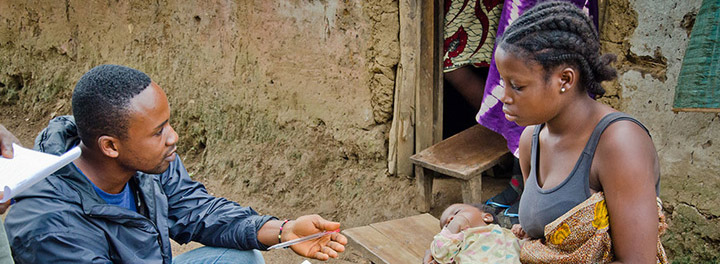I first became acutely aware of the healthcare needs of remote communities nearly twenty years ago when I was Peace Corps Volunteer in East Timor at the end of the conflict (serving as a community health promotion volunteer). I spent a year living with a host family in a small town nearly 45 minutes’ drive from the capital city, Dili, and the nearest health facility.
When a family decided to name their ninth child after me, I was hugely honored. But just few days later, baby Bakary fell sick. His chest and face turned pale blue. I knew this was a symptom of asphyxia and it was beyond my meager medical experience to treat him. We needed access to a community health worker (CHW) or a trained traditional midwife, or to rapidly get him to the health facility. But there were no skilled health providers nearby, and given it was nighttime, there was no electricity and neither the host family nor anyone in the community had the means to transport him to the facility. Instead, we called on the mother-in-law, the local woman who had helped to deliver baby Bakary, but she too was at a loss at what to do. Around 10pm, baby Bakary died.

